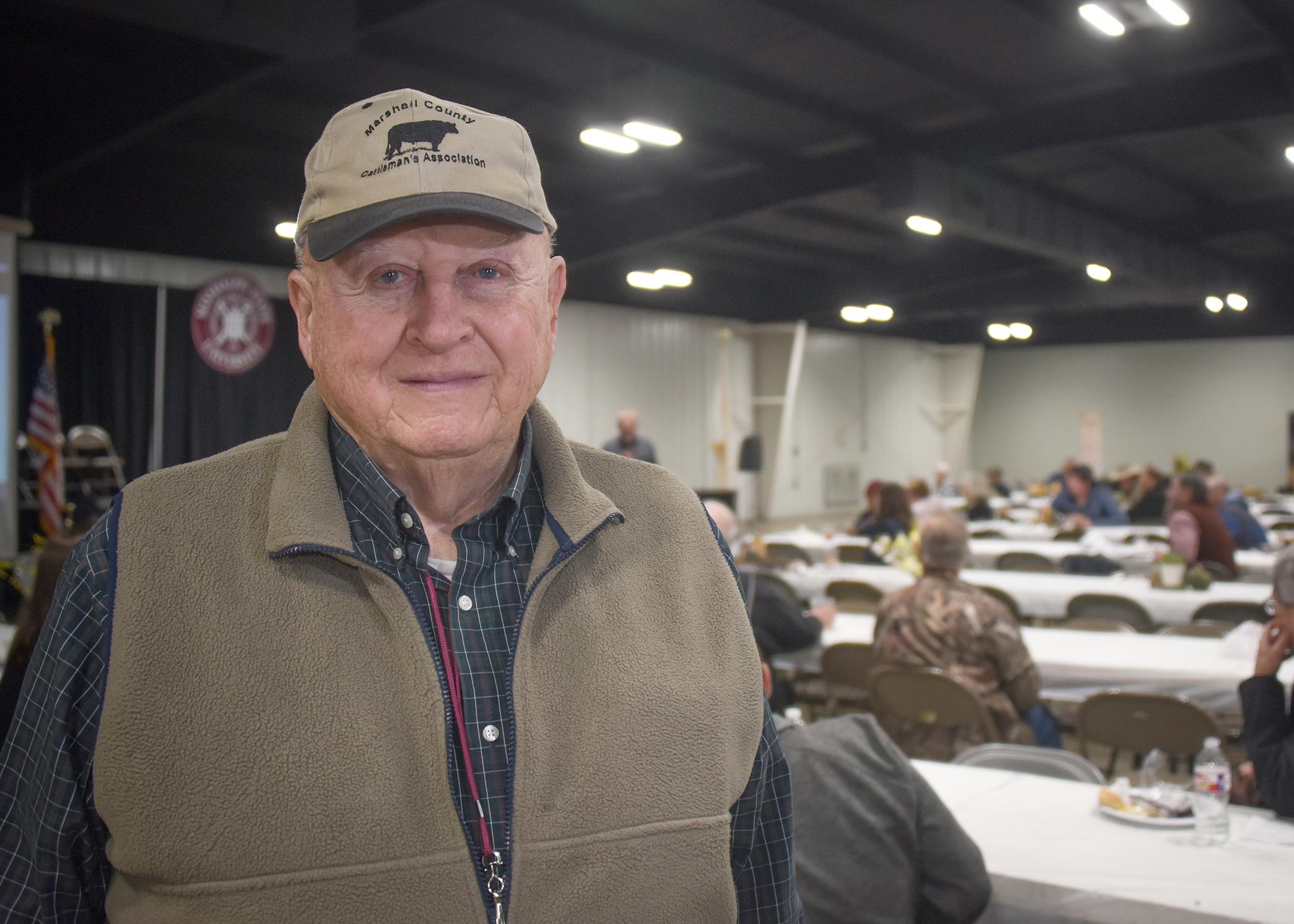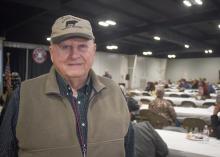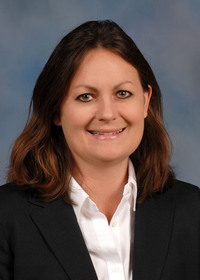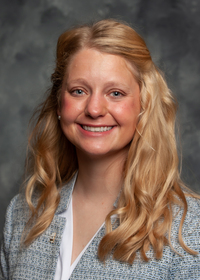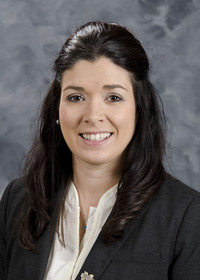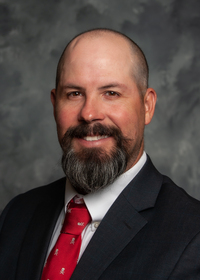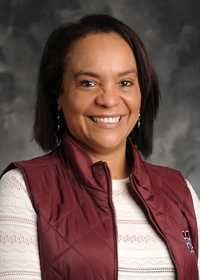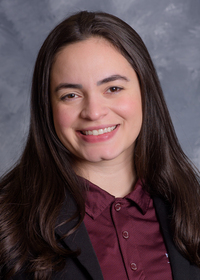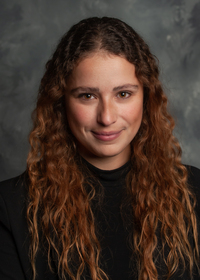Information Possibly Outdated
The information presented on this page was originally released on February 24, 2020. It may not be outdated, but please search our site for more current information. If you plan to quote or reference this information in a publication, please check with the Extension specialist or author before proceeding.
MSU experts gather research, educational needs from producers
VERONA, Miss. -- 2020 marked Bill Fitts’ 27th consecutive appearance at the annual North Mississippi Producer Advisory Council meeting.
The Marshall County beef cattle farmer and timber producer said he returns each year because it gives him an opportunity to share requests for research and educational programming with personnel from the Mississippi State University Extension Service and the Mississippi Agricultural and Forestry Experiment Station.
“I pick up something every time I come,” Fitts said. “I like networking, one-on-one interaction, and I enjoy learning and being challenged.”
More than 200 growers across 16 commodity groups in 27 counties in north Mississippi joined Fitts in providing input for the next year of educational and research projects from MSU Extension and the Experiment Station. The meeting was held Feb. 20 at the MSU North Mississippi Research and Extension Center in Verona.
Jane Parish said each Producer Advisory Council meeting is an example of growers and researchers engaging and working with one another to achieve common goals.
“We’re looking for that discovery that is going to help you make a better decision, such as planting a better variety based on something that’s been tested in local conditions,” Parish told growers. “You may be the one to say something that a scientist at MSU takes and does something we’re standing here talking about next year or several years down the line. Your suggestion could lead us to new knowledge that is then shared through Extension to help not only you but others in the community.”
MSU Extension Director Gary Jackson shared an update with growers on Extension activities, noting that the organization provided more than 200 organized statewide educational initiatives in 2019. More than 700,000 Mississippians participated in Extension seminars, short courses and certification programs last year, he said.
“At $48 billion, the agricultural and natural resources industry is No.1 in the state, and it’s been number one. You’re sitting here today because of that,” Jackson told producers. “MSU Extension and the Mississippi Agricultural and Forestry Experiment Station exist to support that industry, as well as to support our communities and young people through the 4-H program.”
The 16 commodities represented were apiculture, aquaculture, beef, cotton, dairy, equine, forestry, small ruminants, grain crops, ornamentals, peanuts, poultry, sweetpotatoes, swine, turf, and vegetables, fruits and nuts.

